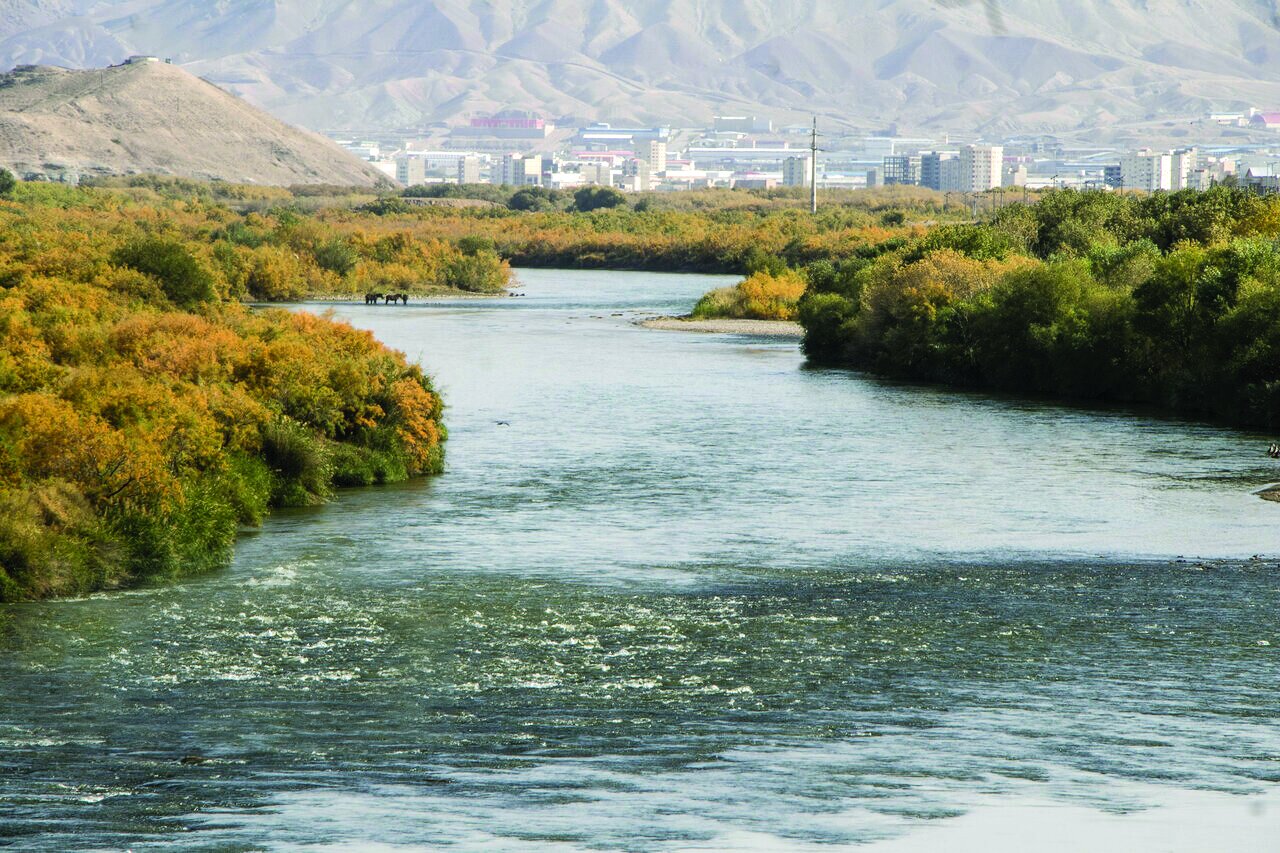Aras River

Flowing through the heart of the Caucasus like a thread weaving through a rich tapestry, the Aras River is not only a natural wonder but also a cultural lifeline for the diverse communities that call its banks home. For centuries, this majestic river has served as more than just a source of water; it has been a source of inspiration, sustenance, and identity for the peoples of the Caucasus. In this exploration, we delve into the multifaceted significance of the Aras, uncovering its cultural importance and the ways it has shaped the heritage and traditions of the region.
The Aras River: A Nexus of Culture and History
The Aras River holds a special place in the cultural landscape of the Caucasus, serving as a nexus of trade, migration, and exchange between civilizations throughout history. Its waters have witnessed the rise and fall of empires, the spread of religions, and the blending of diverse cultural influences, leaving an indelible mark on the fabric of the region’s identity. The Aras serves as a natural border between Armenia and Azerbaijan before joining the Kura River in Azerbaijan.
Historical Significance:
- Throughout antiquity, the Aras River acted as a natural boundary and corridor for trade and conquest, connecting civilizations from the Mediterranean to Central Asia. The river’s strategic location made it a focal point for the expansion of empires such as the Persian, Roman, and Ottoman Empires, shaping the political and cultural dynamics of the region.
- The Aras has also been a witness to the coexistence and interaction of diverse cultures and religions. From the ancient Zoroastrians and Armenians to the Islamic caliphates and Christian kingdoms, the peoples along the Aras have forged a rich tapestry of cultural diversity and religious pluralism.
Economic Importance:
- The Aras River has long been a source of livelihood for communities along its banks, supporting agriculture, fishing, and trade. Its fertile floodplains and abundant water resources have enabled the cultivation of crops such as wheat, barley, and cotton, sustaining local economies and traditional ways of life.
- Moreover, the Aras has served as a vital transportation route, facilitating the movement of goods and people between cities and regions. Historically, river trade along the Aras played a crucial role in the exchange of commodities such as silk, spices, and precious metals, enriching local economies and fostering cultural exchange.
Cultural Heritage:
- The cultural significance of the Aras River is reflected in the myriad of historical landmarks, architectural marvels, and artistic expressions that adorn its banks. From ancient fortresses and palaces to medieval monasteries and mosques, the river’s surroundings are dotted with remnants of past civilizations, each bearing testimony to the region’s rich cultural heritage.
- Additionally, the Aras River has inspired countless works of literature, poetry, and music, becoming a source of inspiration and symbolism for artists and writers throughout the ages. Its tranquil waters, picturesque landscapes, and storied history continue to captivate the imagination and fuel creative expression.
Preserving Cultural Legacy:
As we celebrate the cultural importance of the Aras, it is essential to recognize the importance of preserving and protecting this invaluable heritage for future generations. Efforts to safeguard the river’s ecosystems, promote sustainable tourism, and foster intercultural dialogue are crucial for maintaining the vibrancy and diversity of the Caucasus region’s cultural tapestry.
Conclusion:
In conclusion, the Aras River stands as a testament to the enduring cultural legacy of the Caucasus, embodying the spirit of resilience, diversity, and creativity that defines the region. From its role as a conduit of trade and exchange to its significance as a source of inspiration and identity, the Aras continues to shape the cultural landscape of the Caucasus in profound and meaningful ways. As we navigate the complexities of the modern world, let us cherish and celebrate the cultural richness of the Aras, honoring the heritage and traditions that have flourished along its banks for millennia.
Know More about the Aras River.
What are The Religious Places of the Aras River?
When Did The Aras River Basin Become a Focus?
Where is The Aras River Located?
Who Were The Key Historical Figures and Civilizations of The Aras River?
How to Reach Aras River?




